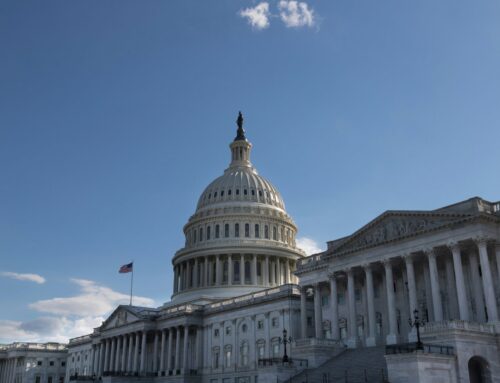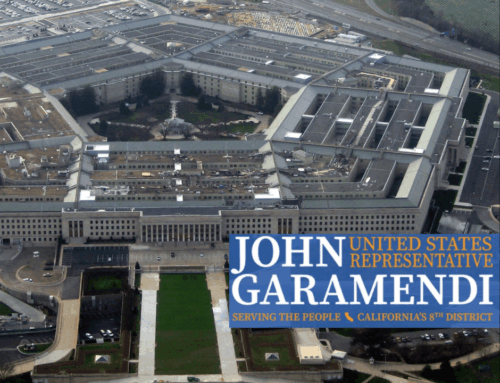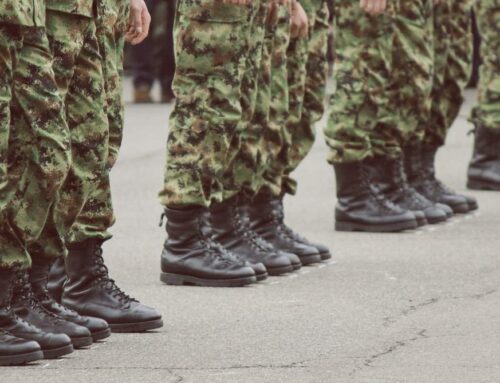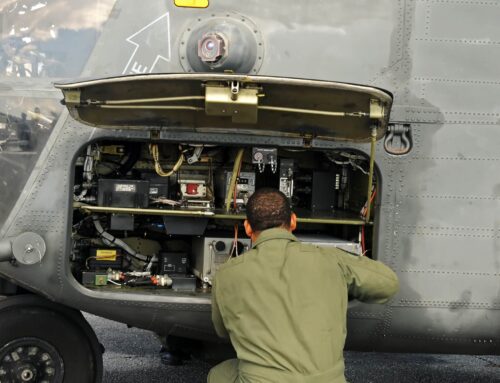One of the most popular refrains in the race for the Presidency is the need to “secure our borders.” The near universal political support for border security seems to have eliminated almost any discussion about what works, what doesn’t, and what it all costs. Securing our borders has become an increasingly important issue to many Americans. Unfortunately, this concern resulted in a number of expensive, ill-conceived and unsuccessful border security projects.
In the final spending bill it passed in December, Congress allotted $2.6 billion for border security. More than $1.2 billion–most in emergency funding–went to “fencing, infrastructure and technology” for building hundreds of miles of fencing along America’s southern border. But strings were attached.
The big budget winner was Secure Border Initiative (SBI) net, a Department of Homeland Security (DHS) program that combines sensors, cameras and other technologies along with personnel and fencing in an attempt to stop illegal immigration and other threats. Boeing won a six-year contract in September 2006 to coordinate the programs’ many moving parts. But, in violation of government rules, the sprawling contract does not contain a maximum price tag. The DHS inspector general has raised its estimate of the program’s total cost from $2 billion to as high as $30 billion.
The high cost aside, it’s not clear if the contractor can make the “virtual fence” work. Last year, Boeing missed its June deadline to deliver the contract’s first task order to secure 28 miles of the Arizona border, saying coordination of the numerous technologies involved was proving more difficult than anticipated. DHS accepted completion of the task order in December, despite House Homeland Security Committee Chairman Bennie Thompson’s (D-MS) request to defer Boeing’s $20 million payment until the company delivered acceptable results.
Congress responded by withholding half of the $1.2 billion for border security until DHS estimated the maximum cost of SBI net and the DHS chief procurement officer certified that the SBI net office is overseeing contracts and preventing conflicts of interest between Boeing and its subcontractors, among other conditions. Unfortunately, a similar provision in the 2006 spending bill only yielded a partial response from DHS. Lawmakers also allocated $2 million for the Defense Acquisition University to review the SBI net contract for “best procurement practices.”
Sen. Kay Bailey Hutchison (R-TX) added a requirement that DHS analyze each 15-mile segment of the border and determine whether fencing is better than vehicle barriers or other approaches. DHS must also consult federal agencies, state and local governments and local landowners before obligating funds.
One thing we do know is that spending billions does not guarantee secure borders. Since passage of the Immigration Reform and Control Act of 1986, spending on border enforcement has increased more than tenfold and the number of border patrol agents tripled, while the number of illegal immigrants to the U.S. has skyrocketed.
Border security needs to be about more than just political sound bites. Sen. Hutchison, Rep. Thompson and others deserve credit for asking tough questions and pushing DHS and Boeing to show that the border security efforts will actually increase security, not just increase taxpayer costs and burden local communities. DHS needs to take a step back to ensure we are securing the border and not just throwing billions at wasteful border boondoggles.
For more information contact Laura Peterson at (202)-546-8500 or by email.










